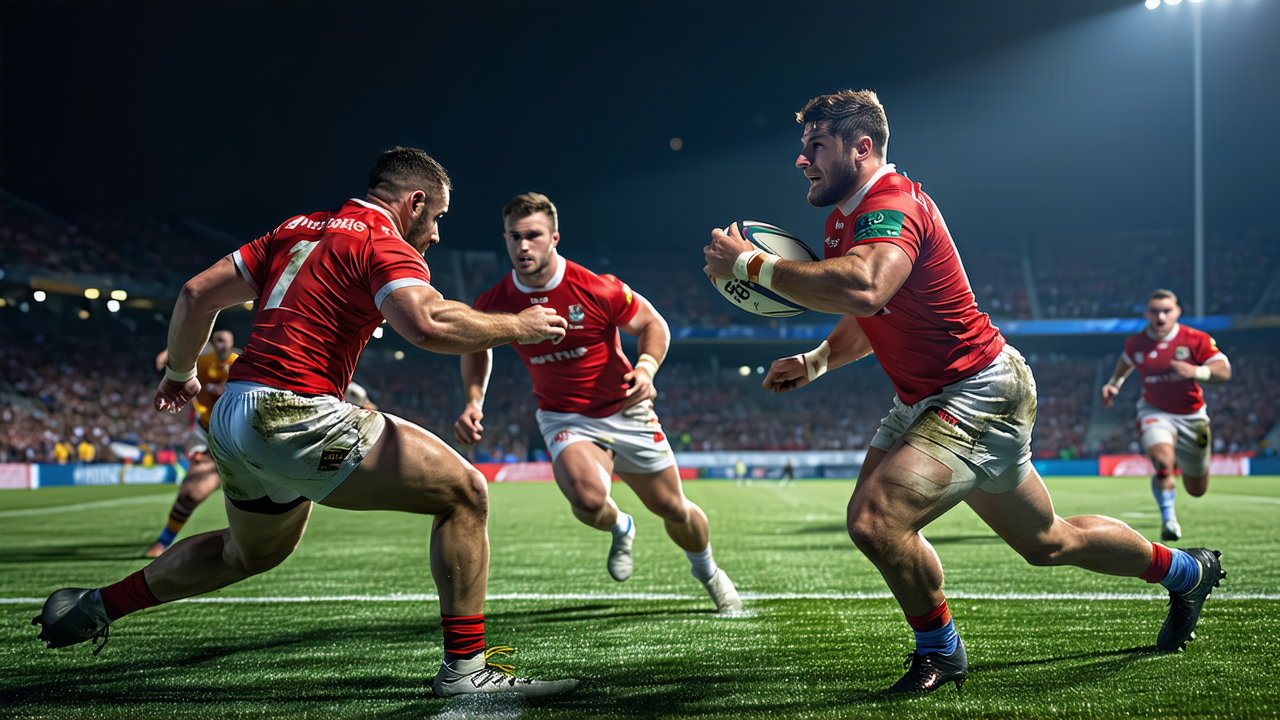How a Weakened France Team Actually Helped the All Blacks – Paul Lewis
How a Weakened France Team Actually Helped the All Blacks – Paul Lewis
When it comes to international rugby, few teams have as much history and tradition as the All Blacks. But even the most storied sides need to test themselves against strong opposition to truly gauge their strength. In a surprising twist, the All Blacks found a valuable ally in a weakened French team, one that might have seemed like an easy opponent on paper but ended up providing crucial insights into the All Blacks’ performance and potential.
France's decision to send a B team to face the All Blacks in a three-test series was not one made lightly. While it may have been a tactical move to preserve their top players for future challenges, it also provided the All Blacks with a unique opportunity. Coach Scott Robertson, known for his cautious approach to squad rotation, was finally able to spread his players across all three tests, with only a few key players, like Caleb Clarke and Luke Jacobson, missing due to injury. This allowed for a more balanced use of talent and provided a clearer picture of the team's depth.
France, while not at their peak, showed a level of defensive intensity that few teams in the Northern Hemisphere could match. Their ability to stifle the All Blacks’ high-pace game and force errors through relentless pressure was a clear warning to New Zealand. France’s kicking game, particularly from their halfbacks and fullbacks, was also a stark contrast to the All Blacks’ own kicking, which has been a point of concern for some time now.
Despite these challenges, the All Blacks showed flashes of brilliance. Ethan de Groot, Fabian Holland, and Jordie Barrett all delivered standout performances, with Holland’s stamina and power in the pack particularly impressive. Meanwhile, younger players like Du’Plessis Kirifi and Ruben Love were given opportunities to shine, offering hope for the future.
However, the midfield remains a question mark. While Billy Proctor showed some improvement, the lack of consistency and depth in the center positions could be a concern moving forward. The selectors will need to make tough decisions about who gets to play in the upcoming matches against Argentina and, more importantly, the Springboks.
One of the most interesting observations was how France’s defensive strategy reminded the All Blacks of the kind of pressure they might face from teams like the Springboks or the British & Irish Lions. This is a crucial lesson for a team that prides itself on its high-pace, wide-ranging game. The All Blacks will need to be more precise in their kicking and more clinical in their execution if they are to succeed against such opponents.
France’s performance, while not at their best, was a valuable test. It reminded the All Blacks that even a weakened team can offer a challenge, and it gave the coaching staff a chance to evaluate their squad in a more realistic environment. As the All Blacks move forward, they will need to address their kicking, midfield depth, and overall consistency in order to maintain their dominance on the world stage.
As Paul Lewis puts it, the All Blacks owe a debt of gratitude to France and their coach, Fabien Galthié. Despite not being their best, the French team provided the kind of challenge that will help the All Blacks prepare for even tougher tests ahead.
